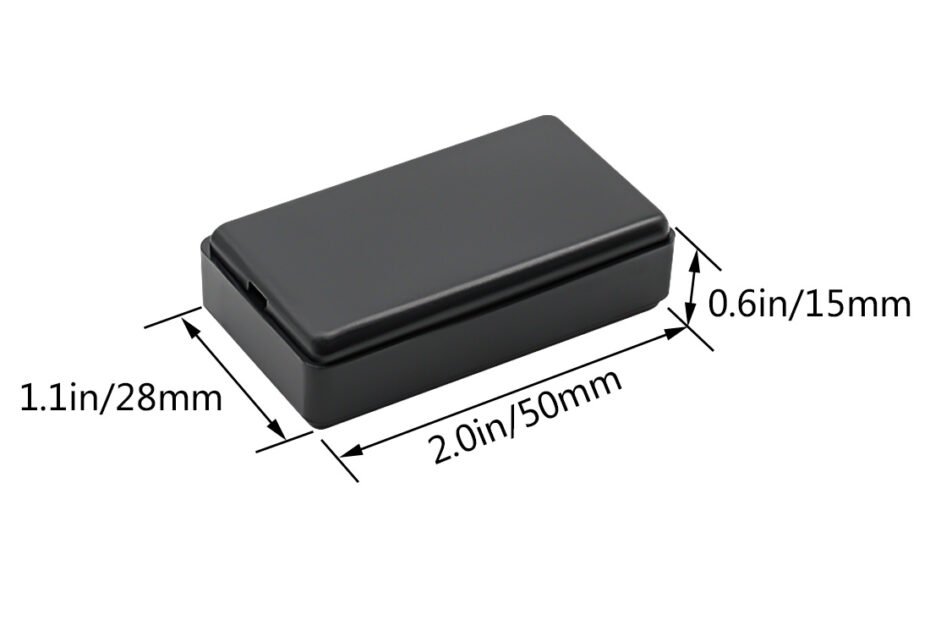Introduction: Plastic Doesn’t Mean Basic
When people hear “plastic junction box,” they often assume it’s a low-end solution. But in reality, the right small junction box plastic can outperform heavier or pricier options in real-world applications—if you choose the right one.
This post explores what makes a plastic enclosure reliable for electrical or electronics work, what to watch out for, and why many professionals still prefer plastic for certain builds.
Why Plastic? The Practical Advantages
Plastic junction boxes—particularly ABS and polycarbonate—offer several inherent benefits that go far beyond cost:
- Lightweight but tough
- Corrosion-free in damp or coastal environments
- Non-conductive by nature
- Easier to cut and drill for custom installs
For small projects, these advantages are amplified. A small junction box plastic enclosure gives you just enough space to protect your electronics while keeping things easy to work with.
Common Misconceptions (and the Truth)
Misconception #1: Plastic is weak
Truth: ABS plastic is impact-resistant and heat-stable up to 85°C, more than enough for most electronics and DIY projects.
Misconception #2: Only metal boxes are waterproof
Truth: Many plastic enclosures like LeMotech’s are IP65 or IP67 rated—with proper gaskets and seals.
Misconception #3: Plastic can’t be used outdoors
Truth: UV-stabilized ABS and PC plastic withstand long-term exposure without degrading when properly mounted.
Industry Use Cases for Small Plastic Junction Boxes
- IoT Startups: Housing for development boards and early-stage sensor prototypes
- Lighting Integrators: Compact driver and relay housing for LED strips
- Smart Home Installers: Node enclosures for door sensors, thermostats, and control units
- Maintenance Engineers: Quick field repairs and wire splices where speed + protection are essential
- Lab Technicians: Housing experimental electronics for mobile fieldwork
What to Look for in a Small Plastic Junction Box
Not all small junction box plastic enclosures are created equal. When choosing one, consider:
| Factor | Why It Matters |
|---|---|
| IP Rating | Look for IP65+ for outdoor or moist environments |
| Wall Thickness | Thin-walled boxes may warp under stress or heat |
| Mounting Options | Internal bosses or PCB slots save time during install |
| Material Type | ABS for general use, PC for extra clarity or impact strength |
| Screw Quality | Stainless steel screws resist corrosion and offer better sealing |
Featured Product: LeMotech Small Plastic Junction Box
LeMotech’s small plastic junction box is built for engineers, hobbyists, and installers who demand quality at a compact size.

Why it stands out:
- IP65 rated for splashproof protection
- ABS housing with secure screw-down lid
- Rubber gasket included
- Fits into tight spaces without compromising sealing
Available now on Amazon or at lemotech.com
Bonus: Installation Tips for Plastic Boxes
- Use cable glands with rubber washers to preserve waterproofing
- Always pre-drill plastic slowly to avoid cracking
- If placing outdoors, mount under eaves or in shaded areas for longer lifespan
- Add desiccant packs if used in high-humidity zones to prevent condensation
Final Thoughts
A small junction box plastic might seem simple—but choosing the right one makes all the difference. It’s a lightweight, low-cost, and adaptable solution that fits right into modern electrical design—especially when space, speed, and flexibility matter most.
If you’re planning your next project, don’t underestimate plastic. Choose smart. Choose LeMotech.
Need help choosing the right enclosure for your build? Contact us at LMioEtool@lemotech.com.cn
Explore more models at lemotech.com
